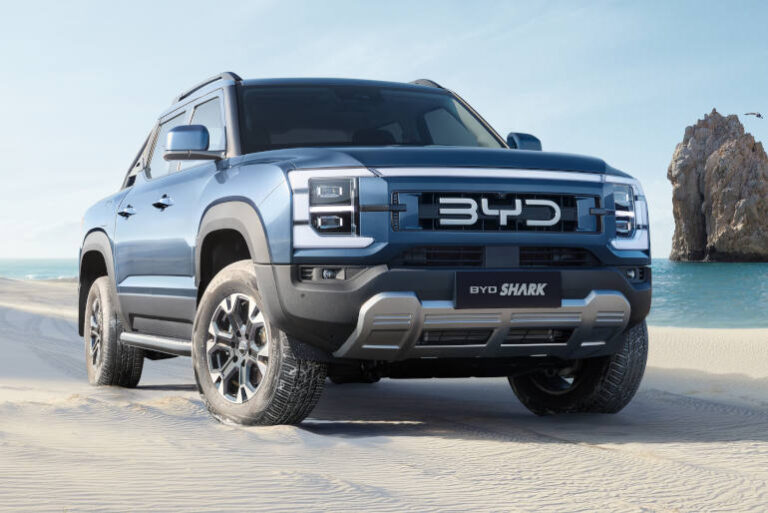There was lots of media hype when LDV launched the first electric ute in Australia back in 2022. But once it got into the fleets of many early EV adopters, they quickly realised it didn’t meet the hype. In 2024, it looks like history is repeating with the BYD Shark.
Fleet Managers buy utes for several reasons:
- Carry a load – either heavy or bulky.
- Tow a load – 3,500kg is the current benchmark.
- Reduce the FBT liability – with a one tonne payload and limited personal use.
And this is what makes me question the hype around the BYD Shark. It doesn’t meet any of the criteria above. Here’s the specifications that have been shared so far.
- Payload – less than one tonne
- Towing – 2,500kg
- FBT Exemption – only if held and used before 31st March 2025 for PHEVs
I’ve been asking Fleet Managers if they’ll buy a PHEV ute. Most are keen on the concept because they’re being pressured to replace diesel powertrains. Some have already looked at the LDV BEV and quickly realised it wasn’t fit-for-purpose. And now they have some details on the BYD Shark, they aren’t rushing out to place an order.
The excitement for a BEV or PHEV utility as an alternative to the top selling 4X4 utes ignores the reasons for the success of the Ranger, Hilux, D-MAX or Triton. For many buyers it’s tribal; just like the Ford v Holden battles of a previous generation. Cracking this market requires years of brand building and creative messaging to build a reputation of toughness and durability (just like Kia is doing with the Tasman).
I haven’t seen any reports suggesting private 4X4 ute buyers are looking for good fuel economy and low CO2 emissions. So will a PHEV utility with a $70,000 price tag and no off-road pedigree find an audience?
Fleet Managers are more adventurous than they were a decade ago, so some organisations might purchase a BYD Shark as a novelty to see how it performs. However, to have a long term relationship with fleet buyers a manufacturer needs to build trust. It needs to be consistent with its approach to fleet pricing, supply, and aftersales support. It needs to manage the brand and model cycle in a way that supports a second hand market for its cars.
BYD is a Chinese company that was founded in 1995 and describes itself as a ‘high tech company devoted to leveraging technological innovations for a better life” on its website. It developed the Blade battery technology and leveraged this to become one of the largest vehicle manufacturers in the world.
In Australia, EV Direct owns the exclusive distribution rights to BYD vehicles. EV Dealer Group Pty Ltd is the retail entity that sell the vehicles and is owned 80% by Eagers Automotive and 20% by EV Direct. mycar are a national partner for servicing and maintenance.
If history provides any indication about the future, success in the fleet market will only come once the local operation is factory backed with a strong dealership network and aftersales support for parts, service and warranty.
It took the Japanese car brands 30 years to crack the fleet market in Australia; the Korean brands did it in 20 years; the Chinese brands might be able to leverage the EV transition and do it in 10. I can’t wait to see how it plays out.





